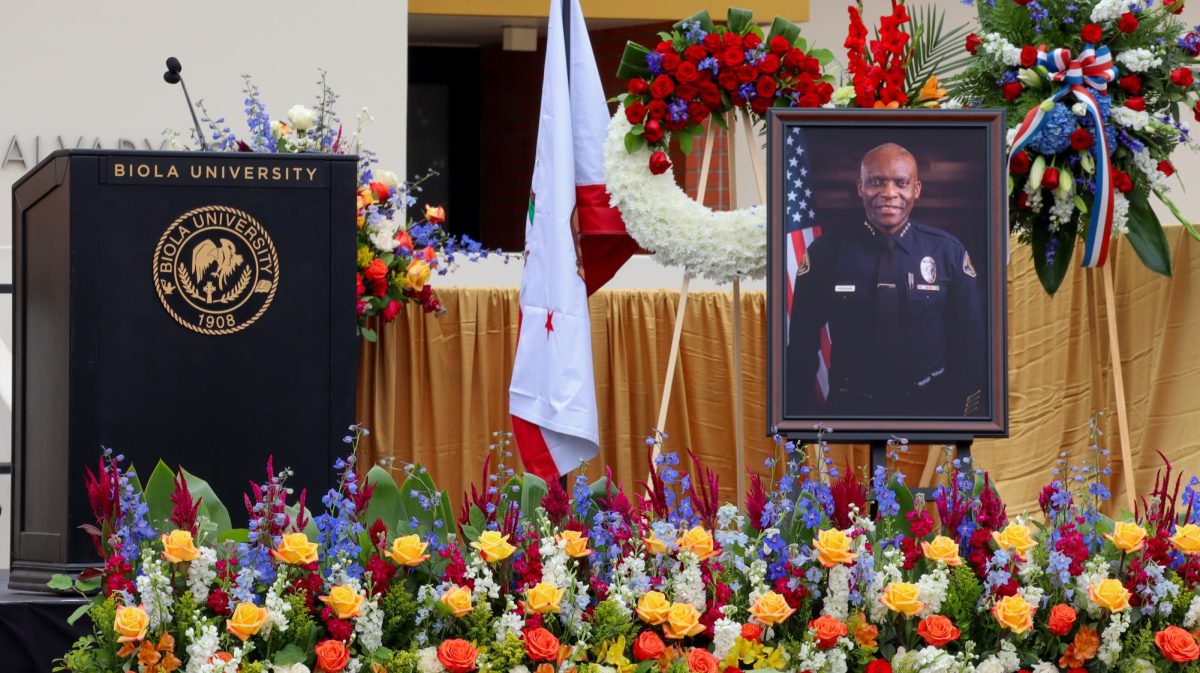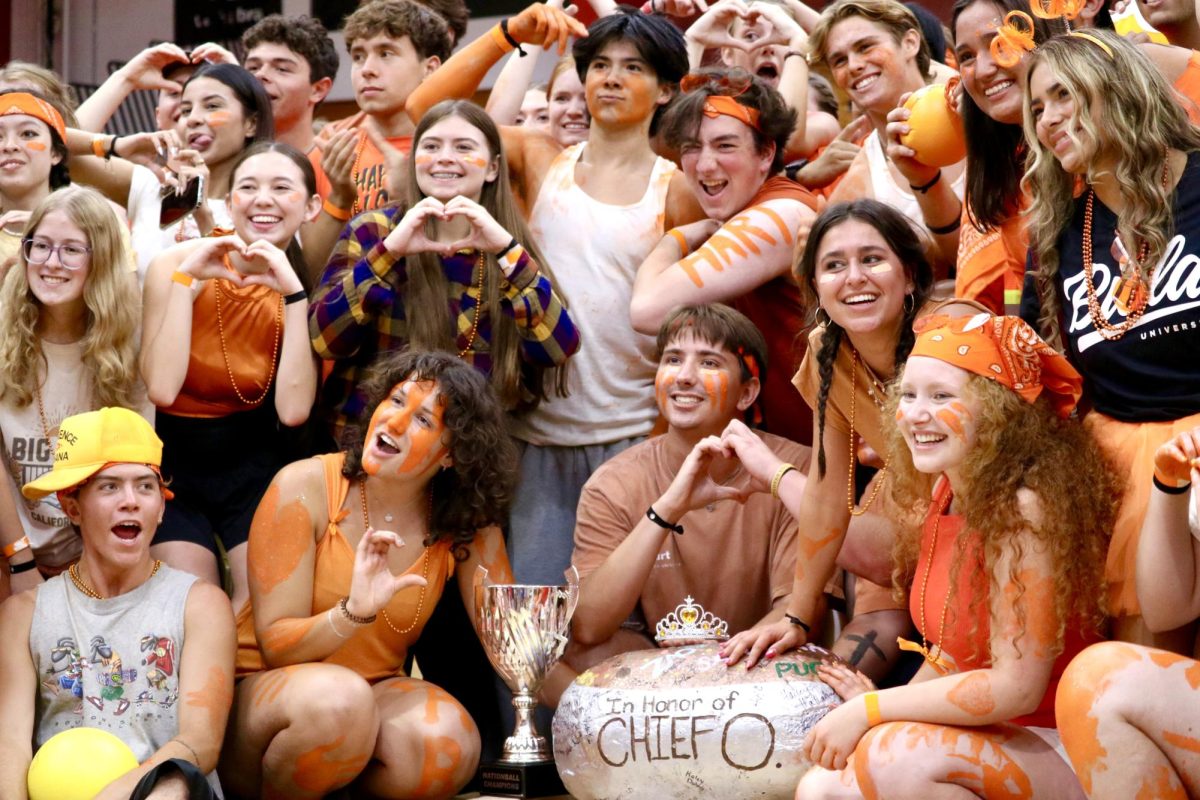Updated 02/23/10 at 10:03 p.m.
About 70 students attended the AS World Religions Lecture on Islam last week, when Imam Jihad Turk, director of religious affairs at the Islamic Center of Southern California, talked about one of the most influential religions in the world today.
“Some of you might be interested in knowing why we want to blow you up,” Turk said in his opening, garnering laughter from the students.
Intermittent prods at religious stereotypes throughout the lecture maintained a relaxed atmosphere despite the subject’s touchiness. Turk carefully presented the Muslim faith in a factual way that stressed similarities between Christianity and Islam over their differences.
Turk began his lecture with readings from the Qur’an that paralleled many Old Testament narratives. The stories in the Bible and Qur’an differ in some noticeable ways, but Turk stressed a sense of commonality between the accounts.
According to Turk, Muslims are ultimately dependent on the grace of God, or “Allah” in Arabic. Turk told a parable about a man who wanted to get into heaven based on his good works but relied on God’s grace to enter paradise after realizing all his good works could not outweigh even one of God’s blessings. Turk said that Muslims do not believe they can earn salvation, but that they try to be moral people in order that they might be worthy of salvation.
Turk addressed some very obvious differences, too. In the Q&A session following the lecture, one student asked about the role of Jesus. Turk affirmed that Muslims believe Jesus is Messiah but not God. Jesus was a man chosen by God to act as the model for the rest of humanity to follow, he said, but salvation does not come through Jesus. Muslims definitely hold a “different perception of Jesus, but not one of rejection and disrespect,” Turk said.
Students expressed their reactions after the lecture.
“It was interesting, but he didn’t talk about what I thought he would,” sophomore Amber Johnson said.
Johnson said she already knew much of what Turk addressed in his lecture.
Sophomore Kendall Robins found the relationship between Christianity and Islam interesting, but had a similar conclusion to Johnson. Turk avoided some larger issues, Robins said, and, because of that, the lecture was not as beneficial as it could have been.
“He ignored a lot of things that truly need understanding,” she said.
Len Bartlotti, associate professor of intercultural studies and coordinator of the Islamic studies minor at Biola, said faith conversations, such as the Islam lecture, are key to coming to mutual understandings.
“I thought it was extremely helpful for Biola students to meet a Muslim who could give a clear, approachable, and understandable lecture,” he said. “I hope that these kinds of lectures would help to put a face on Islam. These are people.”
Bartlotti said a greater understanding of the Islamic view of God will help students be more appreciative about who God revealed himself to be in the Bible.
Judith Rood, professor of history and Middle Eastern studies added her opinion of the lecture’s value.
“There is, in the United States, an extremely hostile position toward Muslims in general,” she said. “But I would hope that students would get a [better] understanding of Islam so that passions won’t rule, but instead reason and what we call love…to care for these people.”
Rood expressed her desire that Biola students treat the lecturers from other faith backgrounds with respect and honor when they speak on campus.
Turk expressed his appreciation of the audience and their interaction with him.
“They weren’t coming from a place of animosity,” he said. “But really out of curiosity, which I always love.”






